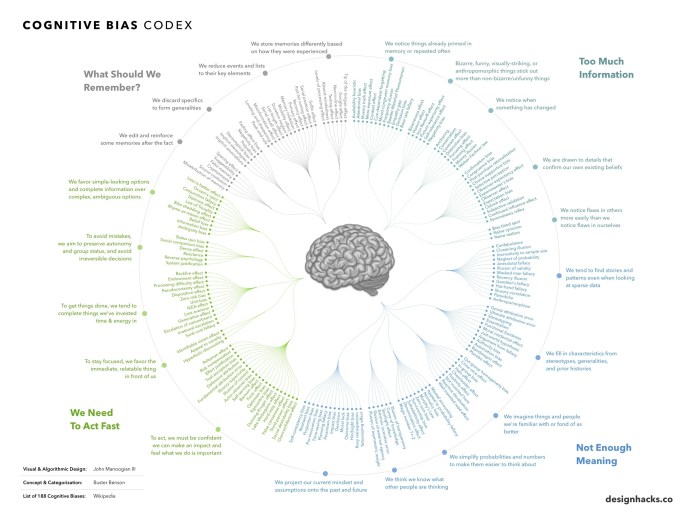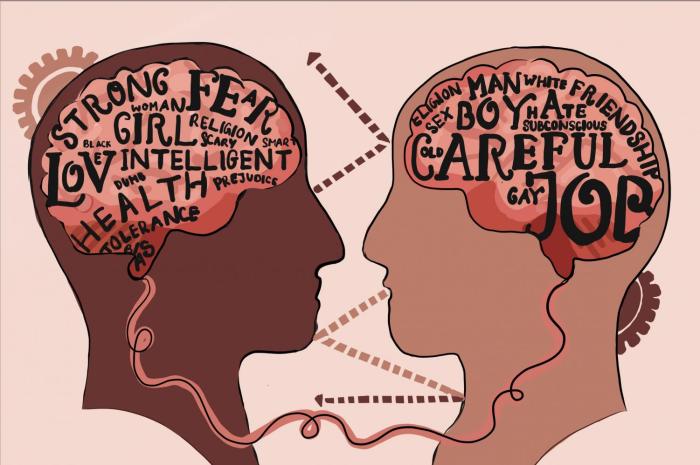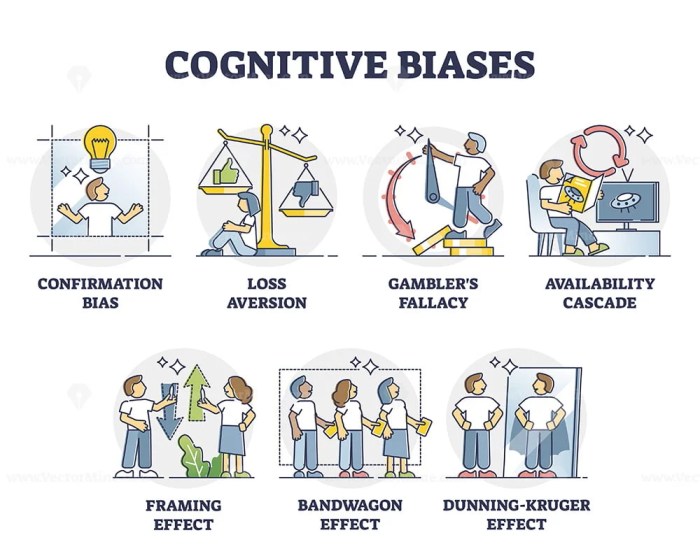Embark on an intriguing journey into the realm of inclinations that affect decision-making crossword. This exploration unveils the intricate interplay between cognitive biases, emotions, heuristics, and cultural influences that shape our choices in this captivating puzzle realm.
From the subtle nudges of confirmation bias to the exhilarating rush of excitement, we delve into the multifaceted factors that influence our crossword puzzle decisions. Discover how cognitive biases can lead us astray, while emotions can both hinder and enhance our performance.
Cognitive Biases and Their Influence

Cognitive biases are systematic errors in thinking that can influence decision-making. In the context of crossword puzzles, these biases can lead to incorrect or suboptimal choices.
Confirmation Bias
- Tendency to seek out information that confirms existing beliefs.
- In crosswords, this can lead to solvers focusing on clues that support their initial guesses, ignoring contradictory evidence.
Anchoring Effect
- Tendency to rely too heavily on the first piece of information encountered.
- In crosswords, this can lead to solvers becoming fixated on a particular answer, even if it is later contradicted by other clues.
Strategies for Mitigating Cognitive Biases
- Be aware of your own biases.
- Seek out diverse perspectives and information.
- Consider alternative solutions before making a decision.
Emotional Factors and Decision-Making: Inclinations That Affect Decision-making Crossword

Emotions can also play a significant role in decision-making, including in the context of crossword puzzles.
Positive Emotions
- Excitement and anticipation can motivate solvers to persevere and improve their skills.
- A sense of accomplishment can provide positive reinforcement for successful solutions.
Negative Emotions
- Fear of failure or embarrassment can discourage solvers from attempting difficult clues.
- Frustration and anxiety can lead to impulsive or incorrect choices.
Heuristics and Their Application

Heuristics are mental shortcuts that simplify decision-making. In crossword puzzles, heuristics can help solvers make educated guesses based on limited information.
Common Heuristics in Crossword Puzzles
- Pattern recognition: Identifying patterns in letter sequences or word structures.
- Guess and check: Trying out different possibilities to see if they fit.
- Frequency analysis: Using the frequency of letters in the language to make educated guesses.
Advantages and Limitations of Heuristics
- Advantages: Speed up decision-making, reduce cognitive load.
- Limitations: Can lead to errors, may not always be applicable.
Crosswords as a Reflection of Cultural and Social Inclinations
Crossword puzzles are not just games; they also reflect the cultural and social values of the time and place in which they are created.
Cultural Values
- Crosswords can reflect the language, customs, and beliefs of a particular culture.
- For example, crosswords created in the United States often feature American idioms and references.
Social Messages
- Crosswords can be used to convey social or political messages.
- For example, some crosswords have been used to promote awareness of social issues or to criticize political leaders.
Cultural Norms, Inclinations that affect decision-making crossword
- Crosswords can help shape and reflect cultural norms.
- By featuring certain words and phrases, crosswords can reinforce the idea of what is considered acceptable or unacceptable in society.
Frequently Asked Questions
What is confirmation bias?
Confirmation bias refers to the tendency to seek out information that confirms our existing beliefs, while disregarding evidence that contradicts them.
How can anchoring effect impact crossword puzzle choices?
Anchoring effect occurs when we rely too heavily on an initial piece of information, such as the first letter of a clue, which can lead us to overlook other potential solutions.
What are some examples of heuristics used in crossword puzzles?
Common heuristics in crossword puzzles include using letter patterns, prefixes and suffixes, and common phrases.